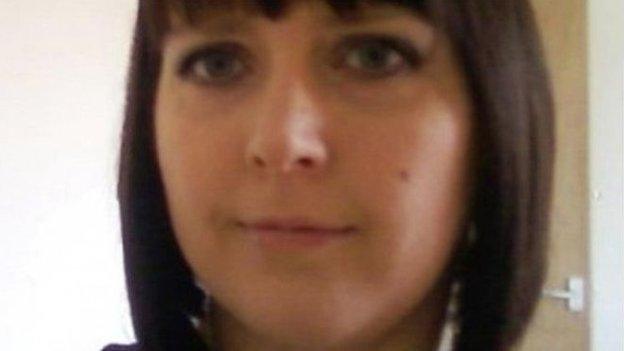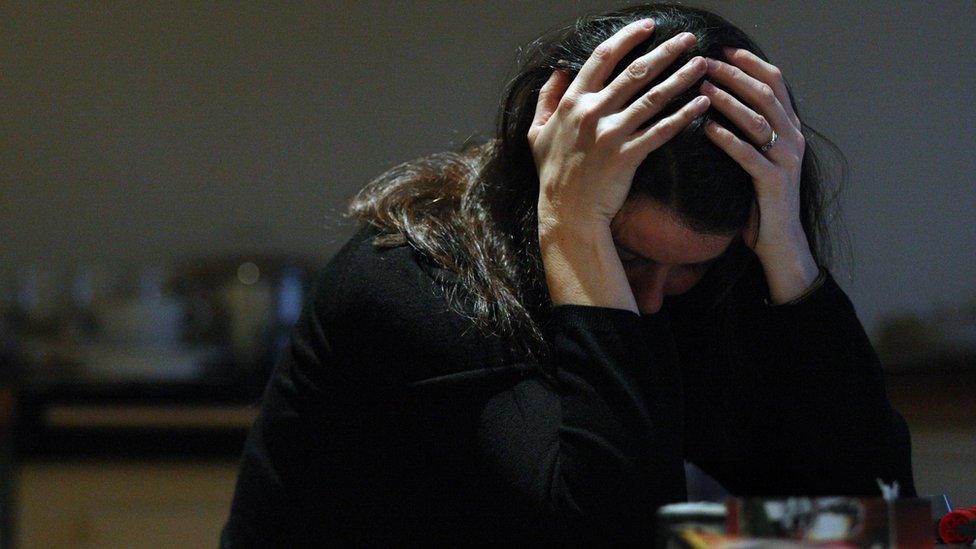'Clare's Law' requests top 1,000 in first year
- Published

More than 1,000 requests have been made in the first year of a scheme which allows people to be told if their partner has been violent in the past.
The Disclosure Scheme for Domestic Abuse in Scotland was rolled out in October 2015 following the successful launch of so-called Clare's Law in England and Wales.
Of the 1,044 requests to Police Scotland, 443 disclosures were made.
A total of 371 people were subsequently told their partner had an abusive past.
Chief Constable Phil Gormley said the scheme was part of a long-term approach to support potential victims of the "despicable crime".
'Break the cycle'
He added: "In some instances, such a disclosure can break the cycle of violence and abuse, protecting many people.
"Working with our partners, we continue to support people through the disclosure process and to prevent people becoming victims.
"Police Scotland will not tolerate domestic abuse - we will tackle it and we aim to prevent it destroying the lives of its victims, as well as those of children, who all too often witness such abuse."

Clare Wood did not know her ex-boyfriend had a long history of violence against women
Clare's Law was introduced across England and Wales in March 2014.
The initiative is named after Clare Wood, who was murdered by her violent ex-boyfriend in 2009.
The 36-year-old was strangled and set on fire by George Appleton in Salford, Greater Manchester. She was unaware of his history of violence against women.
Her father Michael Brown, who is originally from Aberdeen, campaigned for people to have the right to ask for information about partners,.
He also called for the police and other agencies to have the power to take the initiative and tell someone if there are grounds for concern.
'Supportive way'
Scottish Justice Secretary Michael Matheson said the scheme sent a "strong and unequivocal message that domestic abuse is unacceptable".
He said the Scottish government was committed to action that could help reduce the risk of further harm.
Mr Matheson added: "I am pleased that in its first year of national operation the scheme has helped so many people access information in a safe and supportive way which could make a real difference to their lives."
Dr Marsha Scott, chief executive of Scottish Women's Aid, said: "It is good to see this evidence that the Disclosure Scheme is being used by police and by women, and we look forward to seeing the evaluation of the longer-term impacts of disclosure on women's lives, space for action, and safety."
- Published27 October 2015

- Published1 October 2015

- Published1 July 2015
